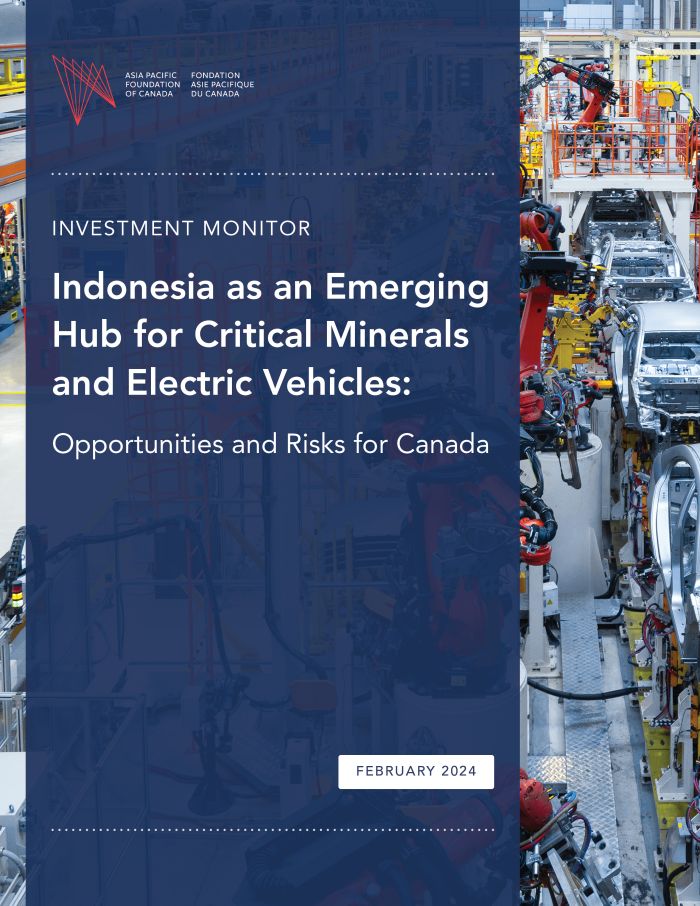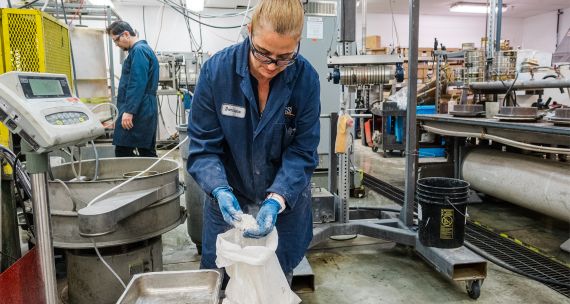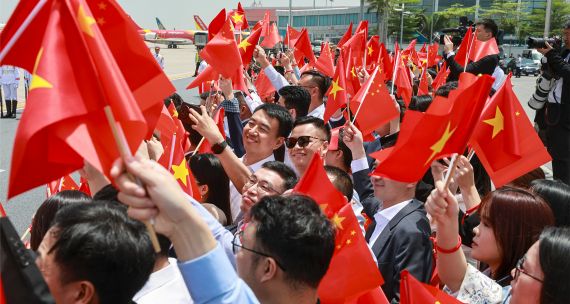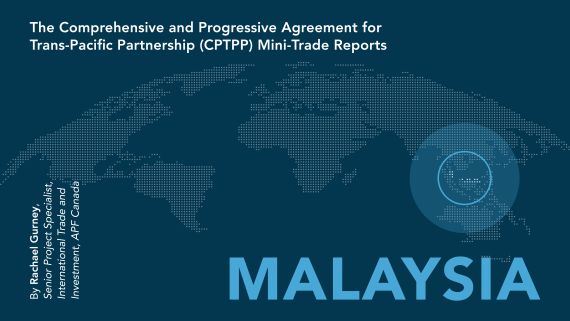Indonesia is emerging as a leader in nickel production and an electric vehicle (EV) hub for Association of Southeast Asian Nations (ASEAN) economies. Canadian investors have been actively engaged in Indonesia’s nickel industry and will benefit from the development of the country’s EV production. Despite the opportunities, mining investors interested in setting up shop in Indonesia should be prepared to face a shifting policy environment and social protests over mining activities, alongside general market volatility, as demonstrated by the recent slump in global lithium prices.
Key Takeaways:
- Indonesia is a growing regional hub for electric vehicle (EV) production, embedded within the Association of Southeast Asian Nations (ASEAN) ecosystem and benefiting from abundant nickel resources.
- Foreign direct investment (FDI) has picked up in Indonesia’s mining and EV sectors, leading to the development of business clusters that will reduce the cost of EV production.
- However, Indonesia’s mining sector is impacted by global price volatility, protectionist policies, and nationalization. Indonesia is also embroiled in social conflicts over the environmental impact of mining, which may disrupt mining operations and the development of the EV sector.
- Canadian companies invested more than C$900M in Indonesia’s mining sector from 2003 to 2019. They are also significantly involved in nickel mining, with PT Vale Indonesia, a subsidiary of Vale Canada Limited, owning the largest nickel mine in the country.
- Canada is expanding its footprint in the region by stationing Canada’s first Indo-Pacific Trade Representative, Paul Thoppil, in Jakarta and negotiating free trade agreements with Indonesia and ASEAN.








